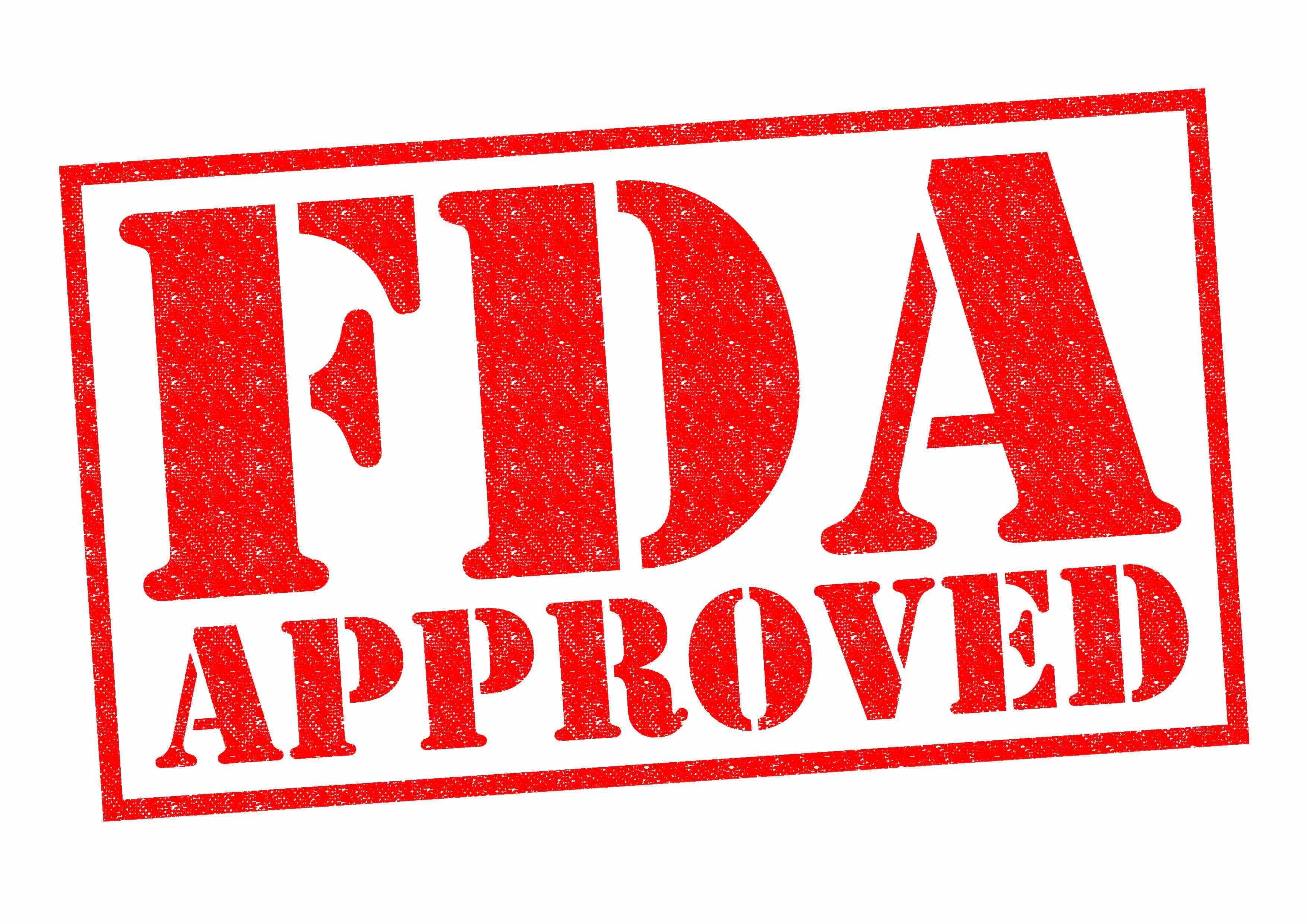- Center on Health Equity & Access
- Clinical
- Health Care Cost
- Health Care Delivery
- Insurance
- Policy
- Technology
- Value-Based Care
FDA Approves Ivosidenib in IDH1-Mutated MDS
Ivosidenib monotherapy is now approved by the FDA for patients with relapsed/refractory myelodysplastic syndrome with an IDH1 mutation.
This article was originally published by CancerNetwork®.
FDA Approved | Image credit: chrisdorney - stock.adobe.com

The FDA has approved ivosidenib (Tibsovo) for patients with relapsed/refractory myelodysplastic syndrome (MDS) with an IDH1 mutation detected by an FDA-approved test, according to a press release from the agency.1
In conjunction with ivosidenib’s approval, the FDA also approved the Abbott RealTime IDH1 Assay as a companion diagnostic for this patient population.
A total of 18 patients were evaluated in an open-label, single-arm, multicenter phase 1 trial (NCT02074839). A total of 39% of patients had a complete or partial remission. The median duration of complete remission was between 1.9 and 80.8 months.
Patients had a median time to complete remission of 1.9 months. There were 9 patients who required transfusion due to MDS at the beginning of the study, and 6 no longer needed a transfusion after treatment with ivosidenib.
“Today’s approval represents an important treatment advancement for rare blood cancers, and more specifically, patients with relapsed or refractory MDS who have an IDH1 mutation,” said Richard Pazdur, MD, director of the FDA’s Oncology Center of Excellence and acting director of the Office of Oncologic Diseases in the FDA’s Center for Drug Evaluation and Research.
The most common adverse effects (AEs) included diarrhea, constipation, nausea, joint pain, fatigue, cough, muscle ache, or rash. However, it was noted that these were seen in patients with acute myeloid leukemia (AML), of which, this indication was originally approved.2 QTc prolongation was also observed.
The boxed warning includes the AE of differentiation syndrome, which may be fatal if it’s not treated. When symptoms are first reported, corticosteroids should be used, and patients must be monitored closely until the resolution of symptoms.
In May 2022, ivosidenib plus azacitidine was approved for patients with newly diagnosed AML for those who were susceptible to IDH1 mutation as detected by an FDA-approved test for patients who are 75 years or older.2 The regimen was also indicated for patients who have comorbidities that prevent the use of intensive induction chemotherapy.
“Through the FDA’s Oncology Center of Excellence Rare Cancers Program, we remain committed to promoting scientific innovation and advancing the development of safe and effective novel therapies to treat patients with rare cancers,” Pazdur concluded.
References
- FDA approves new therapy for rare form of blood cancers called myelodysplastic syndromes. News release. FDA. October 24, 2023. Accessed October 24, 2023. https://shorturl.at/cgmC3
- FDA approves ivosidenib in combination with azacitidine for newly diagnosed acute myeloid leukemia. News release. FDA. May 25, 2022. Accessed October 24, 2023. https://shorturl.at/fINPT
